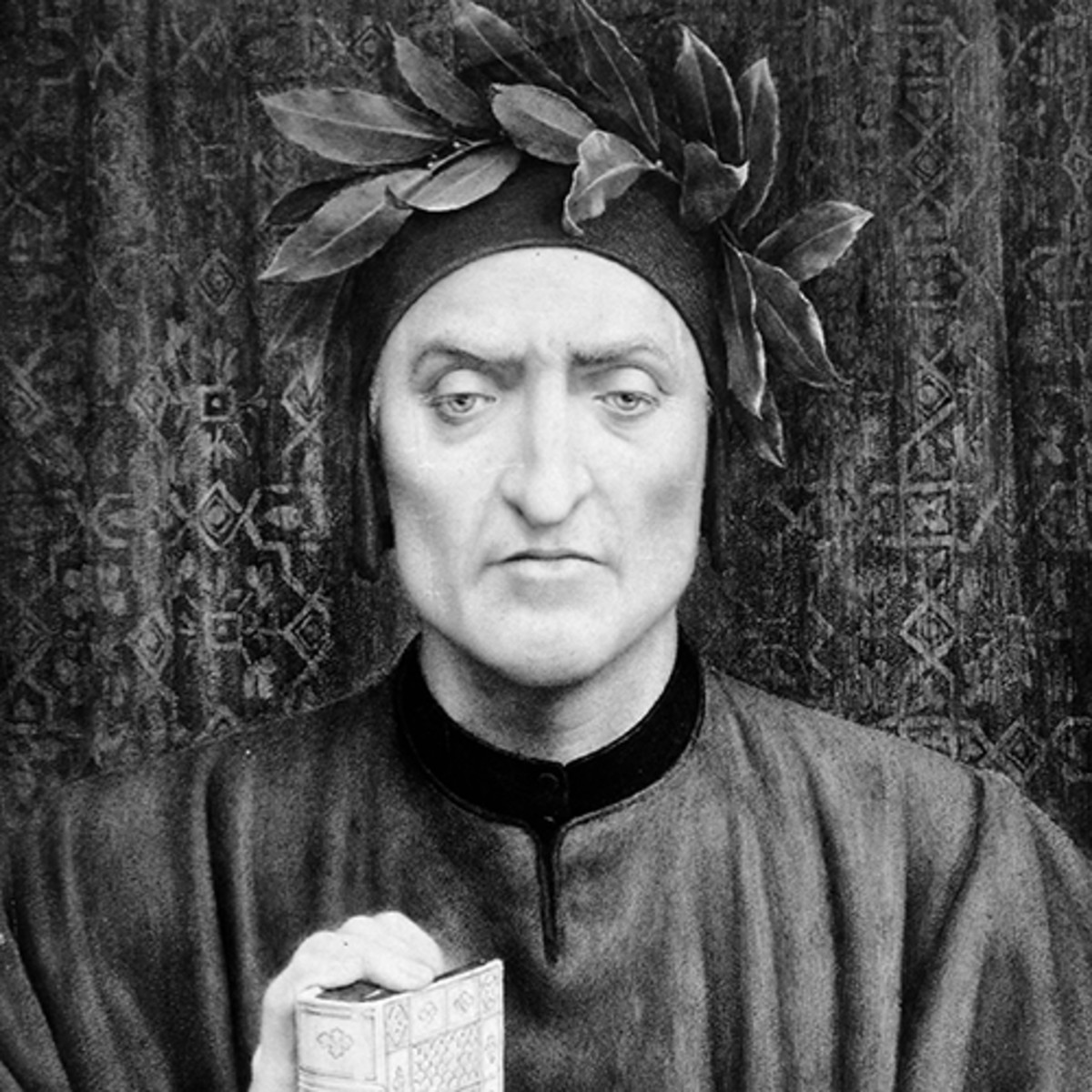Translated by Dante Gabriel Rossetti
Upon a day, came Sorrow in to me,
Saying, ‘I’ve come to stay with thee a while’;
And I perceived that she had ushered Bile
And Pain into my house for company.
Wherefore I said, ‘Go forth – away with thee!’
But like a Greek she answered, full of guile,
And went on arguing in an easy style.
Then, looking, I saw Love come silently,
Habited in black raiment, smooth and new,
Having a black hat set upon his hair;
And certainly the tears he shed were true.
So that I asked, ‘What ails thee, trifler?’
Answering, he said: ‘A grief to be gone through;
For our own lady’s dying, brother dear.’
Published:
1290
Length:
Shorty
Literary Movements:
Dolce Stil Novo
Anthology Years:
2020
Themes:
Love & Relationships
Mental Health
Literary Devices:
Enjambment
a line break interrupting the middle of a phrase which continues on to the next line
Hyperbaton
An inversion of typical syntax (word order).
Iambic Pentameter
a line of verse composed of five iambs– an unstressed syllable followed by a stressed syllable (u / u / u / u / u /) commonly used in the Renaissance period
Imperative
an instruction or a command
Personification
the attribution of human qualities to a non-human thing
Rhyme
correspondence of sound between words or the endings of words, especially when these are used at the ends of lines of poetry
Simile
a comparison between two unlike things using the words “like” or “as”

